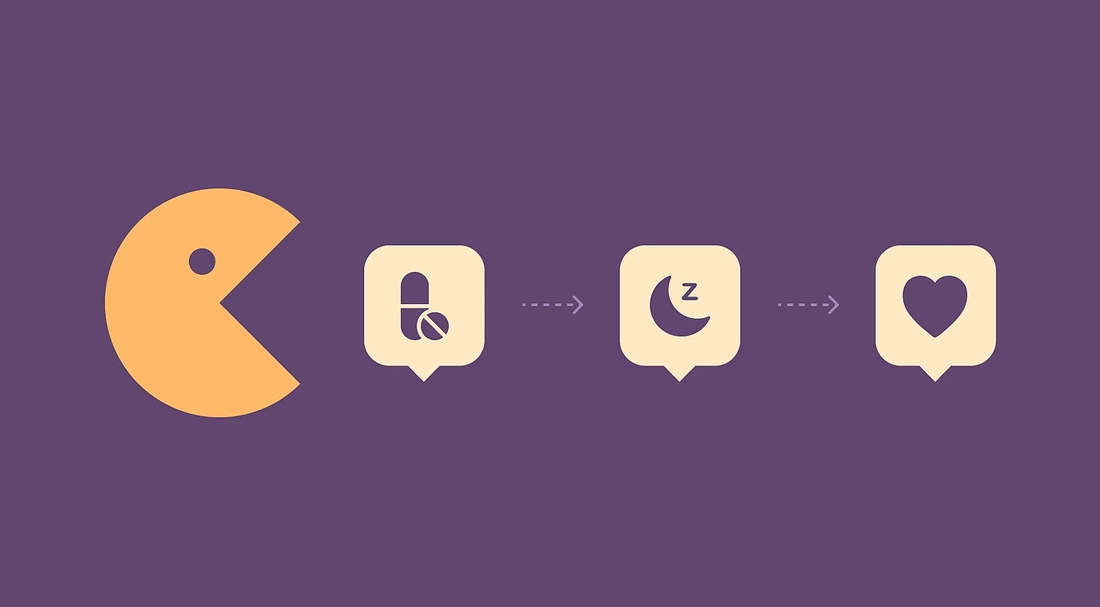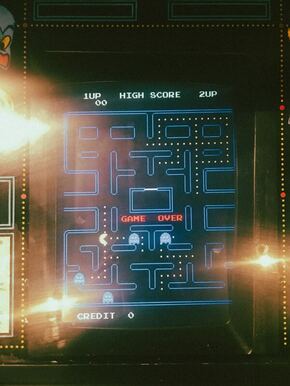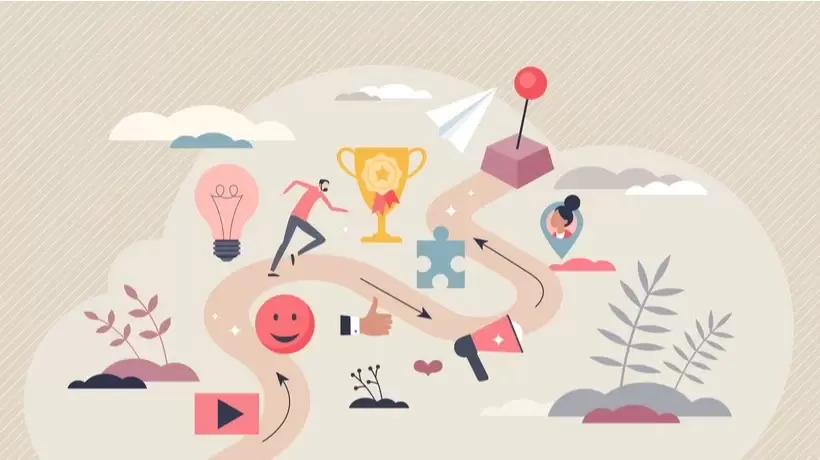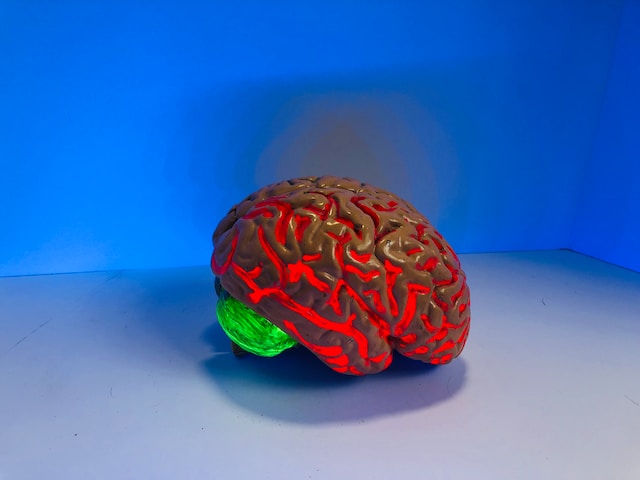|
Gamification, as described by Merriam Webster, is the process of adding games or game like elements to something (such as a task) so as to encourage participation. You might have come across the term Serious Games as well. These are concepts ideally suited for positive reinforcement and "just-in-time" online training. Gaming and children/adolescents have always had a close relationship going back generations, and this has catapulted to a new level over the course of the pandemic where games were one of the only media left for social interaction! The use of gamification has expanded significantly over the past few years, with successful outcomes from applications like Pokemon Go, Geocatching, and corporate Fitbit challenges. Gamification is a rapidly growing field in various industries, including healthcare. According to a report by MarketsandMarkets, the gamification industry is projected to reach $30.7 billion by 2025, growing at a CAGR of 30.31% from 2020 to 2025. The healthcare industry, in particular, is expected to have a significant share in this growth, with a CAGR of 43.8% from 2020 to 2025.  In the healthcare industry, gamification has emerged as a helpful tool for motivating patients to stick to their therapies. With the rise of digital health-powered healthcare in the future, gamification is expected to play a crucial role in helping patients stay committed to their treatments without burdening efforts. Research studies have shown that gamification and serious game solutions can create an interface between industrial challenges and academic innovations, leading to better healthcare outcomes. In fact, a study published in the Journal of Medical Internet Research found that gamification interventions in healthcare can improve patient engagement, knowledge, and behavior[1] .
It’s important for these game based solutions to be able to integrate into the technology that is already part of our everyday lives. For example: The Didget blood glucose meter, connects to a Nintendo DS gaming platform and rewards children for consistent blood glucose testing. Additionally, companies like EveryMove use social motivation to encourage users to be more active by allowing friends to compare progress Academic research has also explored gamification and serious games in the field of health, such as games for the cognitive assessment of older adults, AR gamified solutions for human skills training, a new concept of simulation in health gamification, and the creation of a board game in intensive care and emergency medicine. Despite two decades of work, the game-based learning community still faces challenges that need to be addressed, such as re-examining fundamental concepts and principles to improve the effectiveness of gamification in healthcare. Games for the Cognitive Assessment of Older Adults; Fernanda Oliveira from the University of Technology Sydney AR Gamified Solution for Human Skills Training arodes.hes-so.ch/record/9681by Yassin Rekik from HEPIA. Gamification is a growing field with great potential in healthcare. As digital health continues to expand, gamification could be the motivator that motivated patients & caregivers need to stick to their treatment plans without the extra burden of a check box. With more research and innovative solutions, gamification could be a significant factor in improving patient outcomes in healthcare. A fitting perspective by Björn Berg Marklund, Senior Lecturer at University of Skövde, Sweden “The game-based learning community still displays a strange mixture of amnesia and myopia, where we focus on staying up-to-date with new technological innovations and moving onwards, without clearly having re-examined the fundamental concepts and principles we are basing our work on.” While gamification can provide significant benefits in healthcare, there are challenges in game design that need to be addressed. A gamified device or app needs to be engaging, but not to the point of being toxically addictive. It also needs to strike a balance between being fun and informative while creating achievable challenges that still require effort. References:
MarketsandMarkets report: "Gamification Market by Component, Deployment, Organization Size, Application (Marketing, Sales, Product Development, Human Resource, and Customer Engagement), End-User (Enterprise and Consumer), and Region - Global Forecast to 2025" - https://www.marketsandmarkets.com/Market-Reports/gamification-market-991.html Healthcare IT News article: "Gamification in healthcare expected to boom in next five years" - https://www.healthcareitnews.com/news/gamification-healthcare-expected-boom-next-five-years MobiHealthNews article: "Report: Gamification market to reach $30B by 2025, healthcare a top growth sector" - https://www.mobihealthnews.com/news/report-gamification-market-reach-30b-2025-healthcare-top-growth-sector MedCity News article: "Gamification market to grow to $30B by 2025, healthcare to see most growth" https://medcitynews.com/2021/03/gamification-market-to-grow-to-30b-by-2025-healthcare-to-see-most-growth/
0 Comments
|
Subscribe to Find Out More!Archives
April 2023
Categories |
The views ON THIS WEBSITE are my own based on my experiences and do not reflect those of my current or previous employers







 RSS Feed
RSS Feed